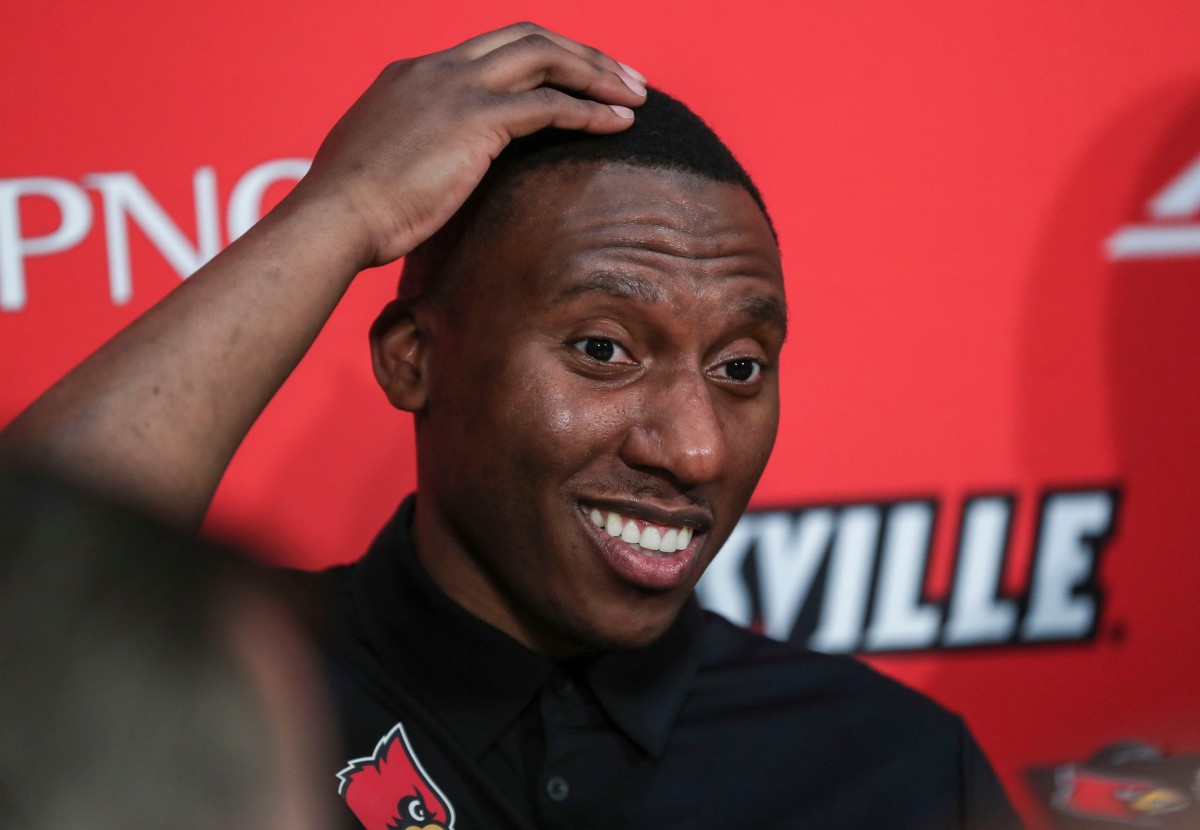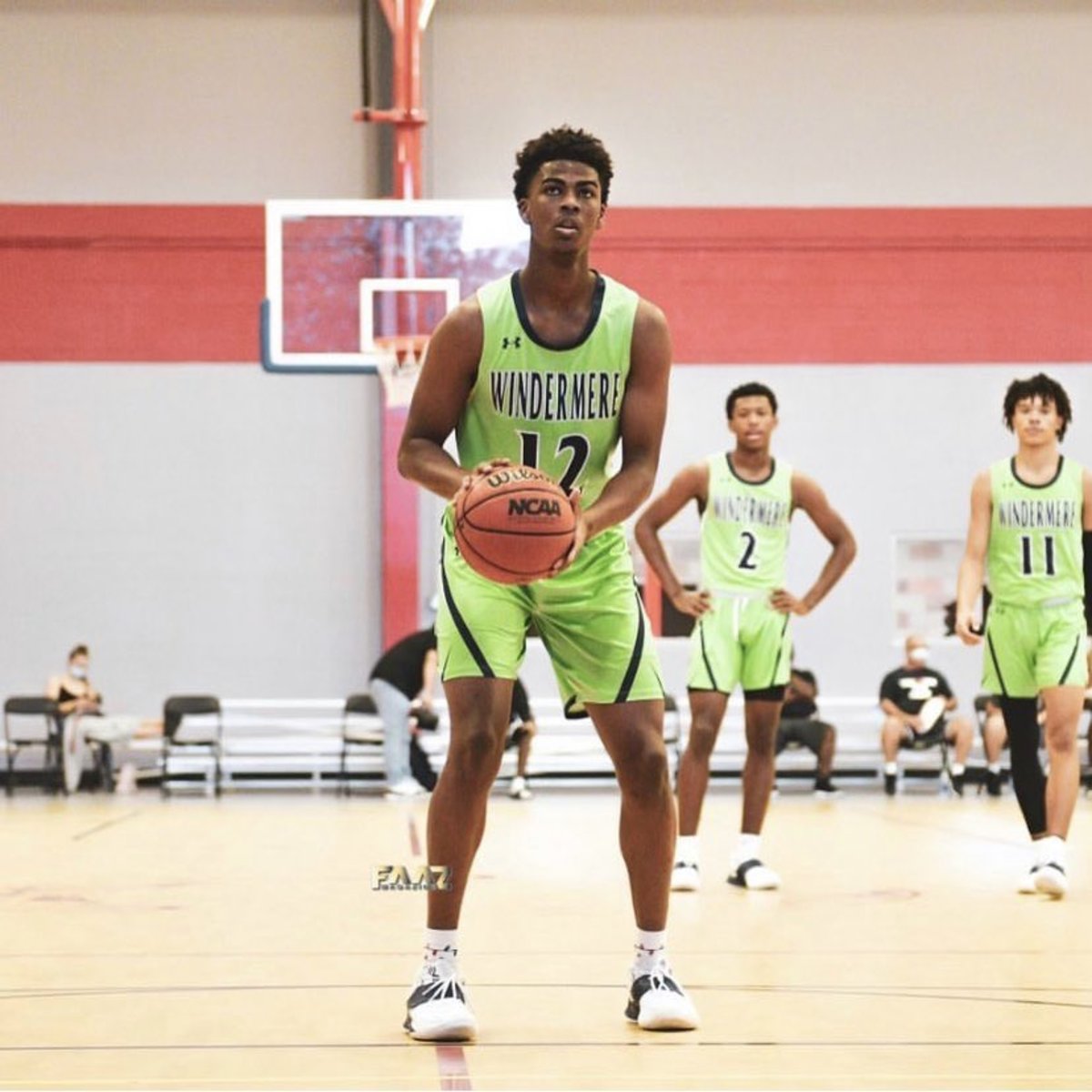How the Transfer Portal Leads Top Recruits to Rethink About Reclassifying
Whether Eric Dailey Jr. was winning gold at the FIBA 3x3 U18 World Cup, dominating the grueling Nike EYBL with the Georgia Stars or helping IMG Academy (Bradenton, Fla.) pursue multiple GEICO Nationals titles, he’s proven to be one of the most consistent prospects in the country.
Still, when the time came to pick a college this spring, Dailey opted to complete a post-grad year at IMG to fine-tune his skills and body.
“I just want to get better in every way,” Dailey says. “Plus, I understand the transfer portal. If I’m a coach, I’m gonna take a guy that’s been in college producing already who’s 21 or 22 [years old] over taking a freshman. That’s just knowledge.”
Dailey’s assertion is echoed by many college coaches who have pivoted from pushing prospects to reclassify up to urging them to stay in school and develop while they scour the more than 1,400-member transfer portal for more experienced and proven pieces since the adoption of the NCAA transfer waiver in 2020.
“It’s definitely because of the portal,” Louisville assistant coach Nolan Smith says. “Coaches are looking for experience and someone’s who’s been through the wars. We’re gonna go for somebody that we can trust and who we’ve seen at this level. Why wouldn’t you go for that?”

From Nerlens Noel in 2012 to RJ Barrett in 2018 to Emoni Bates and Jalen Duren in 2021, top players have been jumping the line to get to the next level and, ultimately, the NBA quicker. The league currently requires that players be at least 19, and a year removed from high school, to enter the NBA Draft.
“For young guys who reclassify up, you’ve gotta be 100% ready physically and mentally to jump in and produce right away,” Smith says. “It makes sense for a high school kid to continue to take his steps in high school and not jump in early. That’s a tough ask for any high school kid to skip a step and just jump into college and be ready.”
Still, sometimes it’s necessary.
Last week, after Duke guard Trevor Keels opted to remain in the NBA Draft along with the Blue Devils' top portal target A.J. Green, a Northern Iowa transfer, first-year coach Jon Scheyer reached into his stockpile of five-stars in waiting and grabbed 6-foot-4 Australian sniper Tyrese Proctor from his 2023 haul. Proctor, 18, finished high school last year and was playing club ball at the NBA Global Academy.
“I’d had talks with Coach Scheyer and my family and, obviously, I had to wait to see what Trevor did,” Proctor says. “Had he stayed, we would’ve had to weigh it out, but it was a possibility either way. Now, there’s a huge opportunity for me to step in and contribute right away. It’s crazy how quickly things can change, but I felt ready before this was an option and I’m ready now.”
As one of the top players in the 2024 class, Malachi Palmer oozes confidence and potential; a 6-foot-5 combo guard with three-level scoring ability and innate instincts. Naturally, he didn’t feel the need to wait two more years to showcase his talents in college but began to notice the transfer portal trends and the preference for experience over development.
Ultimately, he decided to stay put in his class.
“College coaches want older, more mature guys,” Palmer says. “They’re not really taking the time to develop freshmen anymore. They want you to be as ready as possible because the truth is they’ve got options now. I think the transfer portal could stop reclassifying up for good.”
Elite recruits say even the messaging has changed over the past year in the recruitment process; now coaches are more focused on areas for improvement as opposed to leading with how much a prospect’s skill set could elevate their team.
Windermere (Fla.) forward Sean Stewart experienced the shift during extensive talks with Scheyer throughout his recruitment process and said, while they can be humbling, the conversations are necessary.
“I just think you have to be honest with yourself and realize that you’re probably not ready,” Stewart says. “Your game can grow a lot in a year and getting those game reps is important. Duke wanted me to get stronger and to work on my shot and ball handling and to become more of a wing. If they can get a transfer in who has been really productive at that level already, it makes sense.”

The trickle-down effect is the mass exodus of top talent at the low and mid-major levels from players seeking a bigger stage to showcase their skills.
“It’s rich guys chasing pretty girls, and the Power 5’s are the rich guys,” North Carolina Central coach LeVelle Moton says. “That’s where NIL hurts us. If we’ve got a freshman that comes in and produces and doesn’t have a solid foundation but has desires to play at a high level, which they all do, he’s gone. Let’s be honest, most schools are being lazy and recruiting off the rosters of low to mid-major schools.”
Still, with the NCAA’s waiver sidestepping the customary year in street clothes, coaches and players agree dealing with the transfer portal woes is the new normal.
“I’m trying to be the finished product,” says Centennial (Corona, Calif.) shooting guard Jared McCain, a Duke commit. “Having the transfer portal there is just more motivation because you never know who they’re gonna take. Of course, they’re gonna take a seasoned junior who put up numbers at the D-I level. Of course. You have to consider that.”
Duncanville (Texas) forward Ron Holland is widely regarded as a top-five player in the 2023 class and admittedly takes a peek at the happenings surrounding the infamous transfer portal “every now and then.”
He contends that, in the end, it’s a player’s work ethic that will earn him time on the floor, not his experience.
“At the end of the day you’re always gonna have to compete against someone,” Holland says. “The thing is that they’re gonna be older and smarter, and you’re just gonna have to kick it up a notch. Coaches like experience and that’s something that people are fearing, but I just think you can outwork whoever in any situation. No one is gonna outwork me, ever. That’s just how I’m wired.”
More CBB Coverage:
